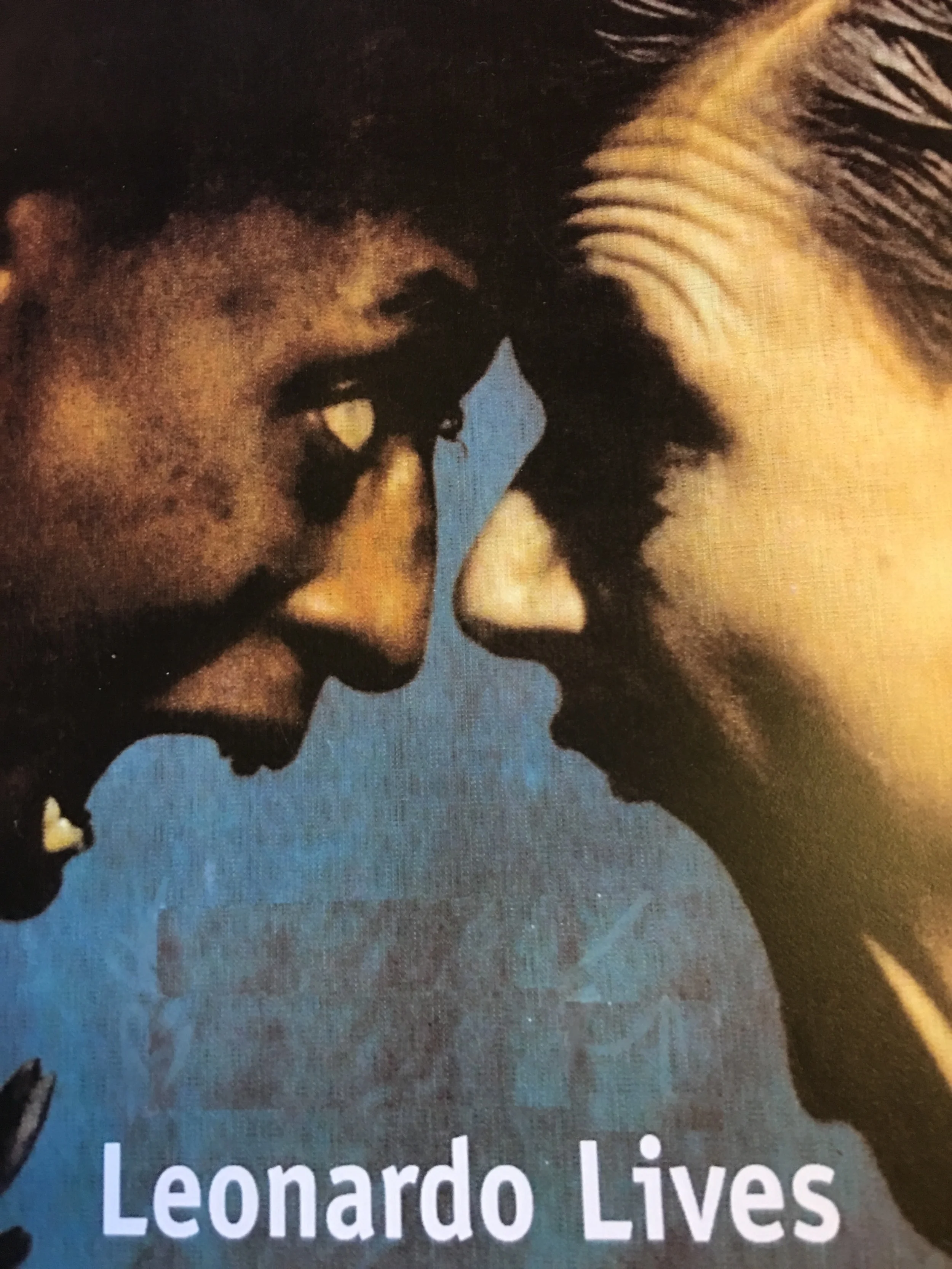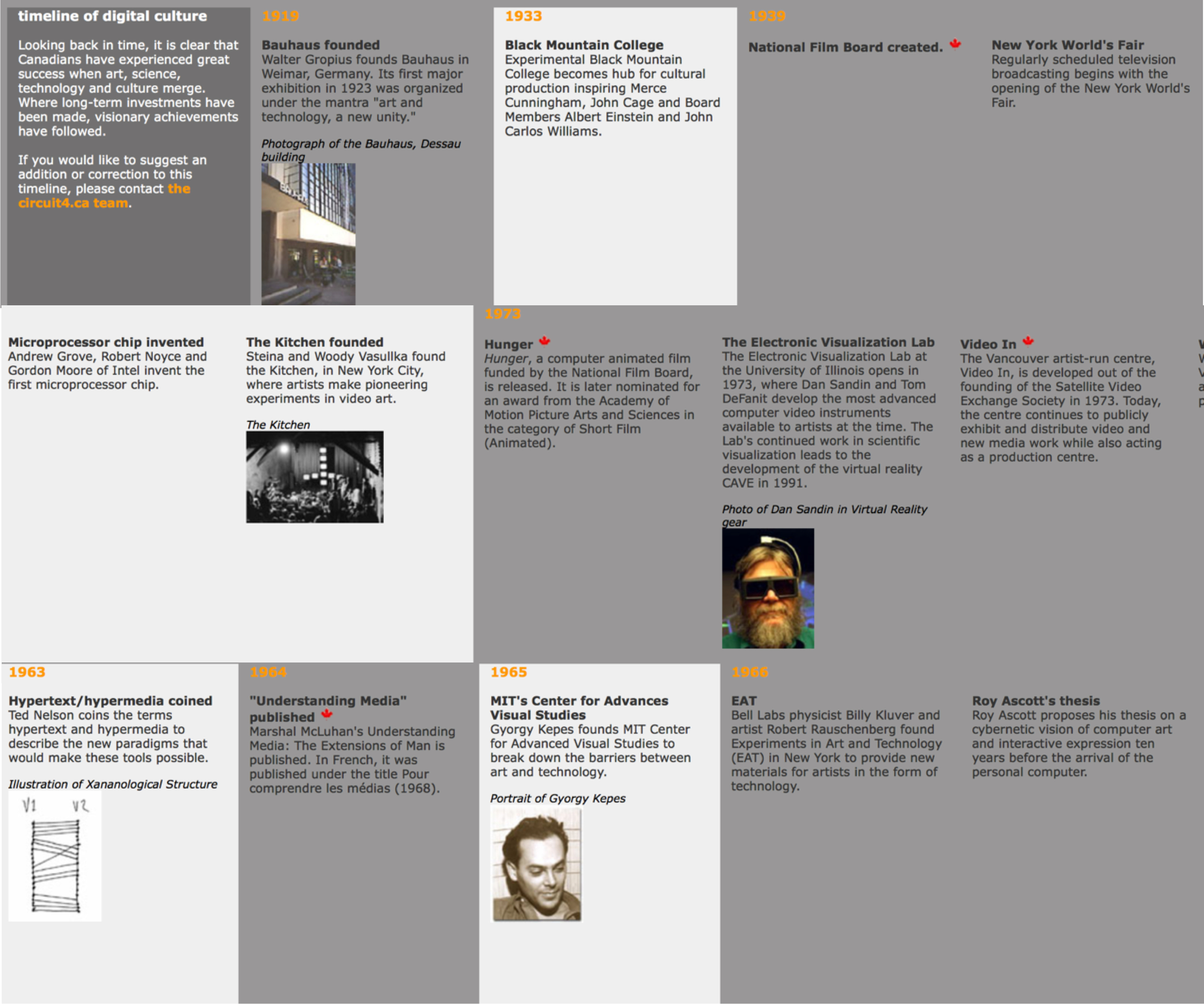
Accelerators
It became clear to us that accelerators were playing an important early stage role for both entrepreneurs and investors yet were being overlooked. (Unreasonable Institute, Impact Hubs, BFI, Agora, Hub Ventures, i.e.) In 2011 Halloran began to convene an Accelerator Summit to understand and support their needs. This led to investments by Halloran in nearly 25 different accelerators. The Ande Network followed in 2013 with a special report and SOCAP supported with more accelerator-focused content.

BeDo
BeDo, founded by Marc Mathieu sought to enable individuals, companies, and NGOs to recruit, engage, and retain potential supporters to power social action platforms and causes. Working with top advertising agencies, BeDo sought to pioneer a model that combined traditional page view and click-through tracking around an individual’s and organization’s initiative toward doing good. It also helped make corporate volunteer programs more visible and viable.

Creative Disturbance
The first online art-science-technology network and platform allowing its members to post their projects with tags and profiles. Included Virtual Reality, robotics, art installations, web-books, software and more. Creative Disturbance connected members with resources including funding.

Impact Hub Global Meeting
After co-founding Impact Hub Oaxaca, a co-working space for social entrepreneurs, in 2014 we hosted the founders of the network - now nearly 100 international Impact Hub spaces and an 11,000 member global network in 48 countries.

Leonardo Lives
Developed a complete strategic and business plan for the renowned MIT Press published Leonardo Journal and its parallel activities - magazine, music journal, web and book series.

new minds lecture/performance series
We produced New Minds in San Francisco at Yerba Buena Center of the Arts just as the Web was born. From solo talks & performances by Todd Rundgren and Thomas Dolby to panels on the future of learning with Wired founder Jane Metcalfe, author Douglas Rushkoff and host Soledad O'Brien. It turned out to be a pivotal event series drawing technology’s greatest innovators across disciplines to focus on the impact technology would have on society and culture (1997-98).

world game
In 1961, Buckminster Fuller created the World Game as an entertaining way to engage players in solving the planet’s problems. World Game (WG) 2.0 was an attempt by the Buckminster Fuller Institute and Oglivy to create a multi-platform, continuous game that uses everyday technology to spark social change. World Game 2.0 would harness social data (tweets, likes, views, points...) by filtering it through a WG algorithm. Youth ambassadors from each country are chosen to play at WG 2.0 with online communities cheering them on. We see this as a great potential intervention to be realized.

collective intelligence
Kevin Jones, Gary Bolles and myself set out in the late 90's to use "collective intelligence" to guide work in identifying new changes in the economic and cultural environment. We involved ourselves in projects like malaria nets in Malawi, the United Religions Initiative that had spawned hundreds of conversation circles around the world and of course what we called the Social Capital Markets leading us to form Xigi and SOCAP (the Social Capital Markets Conference).

xigi
Collective Intelligence (Kevin Jones, Gary Bolles and Mark Beam) with David Boyd (programmer and systems designer) took our mapping to the next level with software that allowed anyone in the social capital markets to define their relationships there and then be immediately connected to others with similar connections. This was a very well accepted service that enabled the market to see itself as a whole system.


















